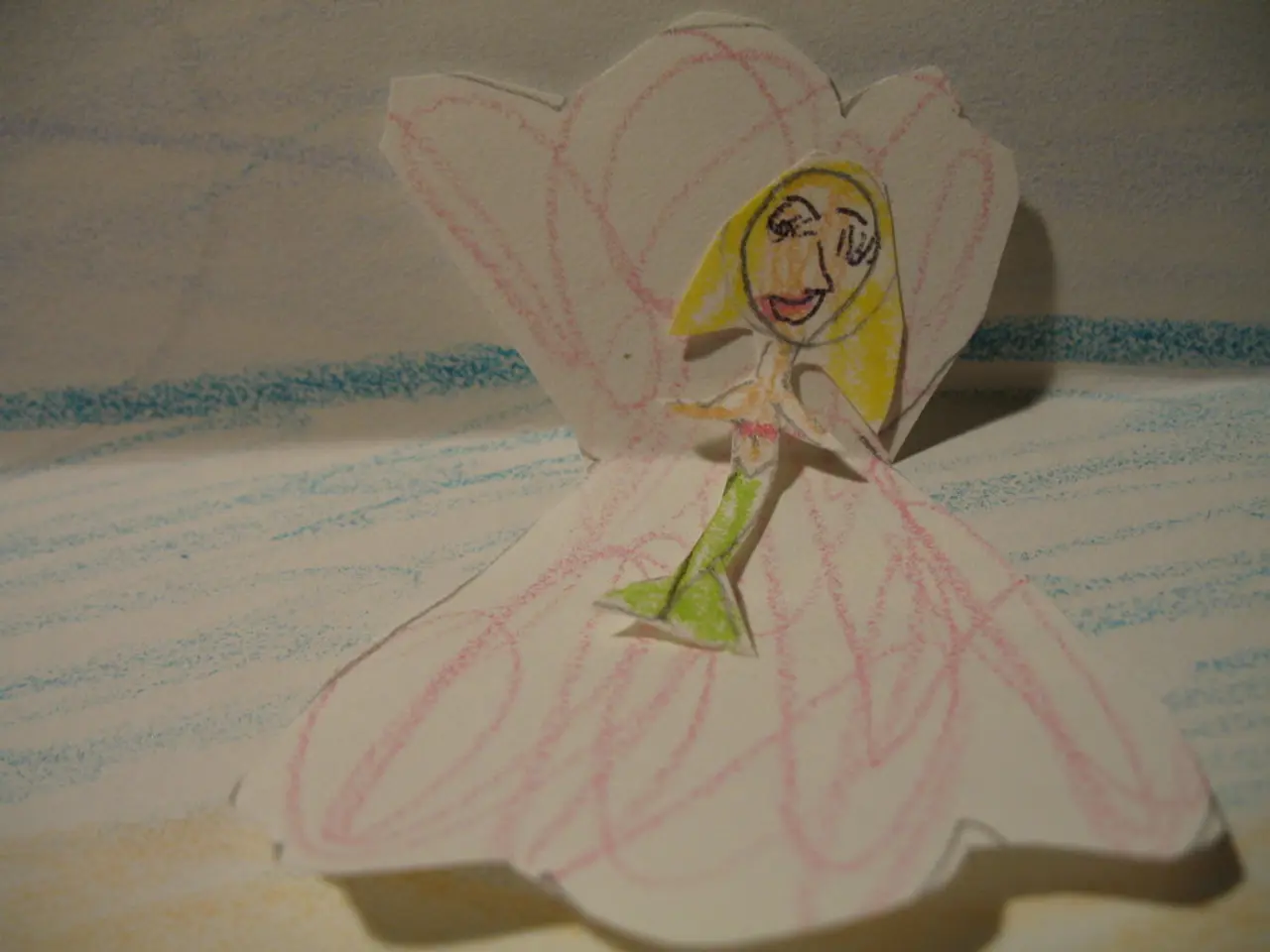Cultivating Imagination Amidst an AI-Dominated Era
In the rapidly evolving landscape of technology, staying ahead in one's career requires a unique blend of creativity and the smart use of tools. As artificial intelligence (AI) becomes increasingly prevalent, it's essential to understand how to leverage this technology while focusing on the distinctly human skills that AI cannot replicate.
Creativity, a uniquely human skill, is more important than ever. It involves imaginative problem-solving, contextual understanding, and emotional nuance that transform data-driven insights into innovative ideas and bold visions. To strengthen this skill, continuous learning is critical. Regularly engaging with new AI tools, technologies, and industry trends allows individuals to combine technical knowledge with creative application.
Human-centric skills, such as critical thinking, emotional intelligence, complex problem-solving, and effective communication, are areas where humans excel over AI. These competencies enable individuals to interpret AI’s data outputs meaningfully and collaborate efficiently with others in creative processes.
AI can be integrated as a creative assistant, analysing large datasets, recognising patterns, and predicting outcomes. However, the interpretation and innovation come from human wisdom working alongside AI, making creativity a collaborative effort between human and machine.
Developing T-shaped skills, with deep expertise in a primary field and a broad understanding of complementary areas, improves versatility and the capacity to innovate across disciplines. Remaining open to new roles and responsibilities that leverage emerging technologies increases adaptability and opportunities to apply creativity in new contexts.
Organisations are prioritising talent that brings original thinking to the table. The focus is not just on those working with AI, but those who can imagine what AI still cannot create – yet. To encourage creative breakthroughs, recognition and reward of creative wins, even small ones, and giving employees freedom in how they approach their work can be effective.
Leaders play a crucial role in inspiring a workplace culture that values ongoing idea generation rather than rigid protocols. Regular brainstorming sessions, creative sprints, and cross-functional collaborations help break departmental silos and add diversity to the thinking process. Companies and teams must build work environments that encourage experimentation, curiosity, and calculated risk-taking to thrive in an AI-first world.
Developing greater awareness of one's own feelings and those of others can make creative ideas more relevant, authentic, and compelling. Consistent curiosity, exposure to new fields, cultures, or formats, reverse brainstorming, mind-mapping, doodling, and journaling can help build creative strength.
In real-world examples, creativity still outpaces AI when human originality meets vision, as demonstrated by top-selling indie games, impactful marketing campaigns, and groundbreaking product designs. As AI continues to advance and reshape how we work and learn, our need for originality, imagination, and emotionally resonant ideas will not change.
- Machine learning and artificial intelligence (AI) are powerful tools in education and self-development, providing insights that can fuel personal growth; however, they cannot replicate the creativity that humans bring to the table.
- With the increasing integration of AI in our lifestyles, it's essential to cultivate T-shaped skills, combining a deep understanding of a primary field with a broad perspective of complementary areas, to foster innovations that AI cannot create.
- As AI evolves, it's crucial to maintain a focus on lifestyle improvements through technology, but not to lose sight of the importance of human creativity, emotional intelligence, and the unique ability to interpret AI's data outputs in meaningful ways.




